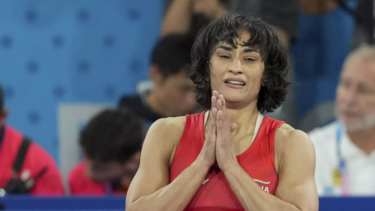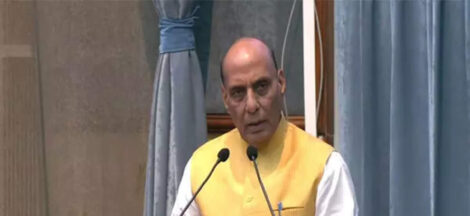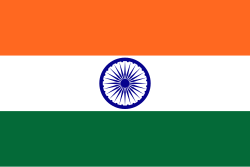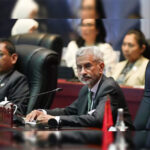Wrestling star Vinesh Phogat’s disqualification from Paris Olympics has ignited a political firestorm, with accusations of conspiracy and interference clouding the sports world. The decision, announced this week by the organizing committee of the Wrestling World Championships, came after Phogat was penalized for a disputed conduct violation during a high-stakes match.
Phogat, a prominent figure in Indian wrestling, was competing in the women’s freestyle 53 kg category when she was controversially disqualified. The penalty followed an altercation with her opponent and subsequent disputes over alleged unsportsmanlike behavior. The ruling has not only stirred debate among wrestling enthusiasts but has also drawn sharp criticism from various political figures.
Indian politicians have quickly seized upon the controversy, accusing the international wrestling federation of bias and questioning the transparency of the adjudication process. Several prominent leaders from different parties have publicly supported Phogat, alleging that the disqualification is part of a broader conspiracy against Indian athletes. These claims have been fueled by the high-profile nature of Phogat’s career and the significant stakes involved in the championship.
The disqualification has led to heated discussions within India’s political arena, with calls for a formal investigation into the matter. Opposition parties have demanded answers, arguing that the incident reflects a troubling pattern of unfair treatment towards Indian competitors in international sporting events. Supporters of Phogat have rallied, organizing demonstrations and social media campaigns to voice their dissatisfaction with the decision.
Amidst the political uproar, the international wrestling community has maintained that the disqualification was a standard enforcement of competition rules. Officials from the wrestling federation have reiterated that their decision was based on a thorough review of the match footage and adherence to established protocols. They have called for a focus on fair play and sportsmanship, emphasizing that all athletes must abide by the rules regardless of their nationality.
This controversy underscores the broader tensions that often accompany high-profile sports competitions, where national pride and political interests can intertwine. The incident has sparked a debate about the role of politics in sports and the influence of nationalistic sentiments on international sporting bodies.
The fallout from Phogat’s disqualification continues to unfold, with potential implications for future international wrestling events and the relationships between national sports organizations and global federations. As the situation develops, the focus remains on how it will impact Phogat’s career and whether the allegations of conspiracy will lead to further scrutiny of the international wrestling governance.
While Phogat’s supporters continue to champion her cause, the wrestling federation stands by its decision, asserting that it was made in the interest of maintaining the integrity of the competition. The political and public discourse surrounding the case highlights the complex interplay between sports and politics, revealing how individual athletes can become symbols in larger geopolitical narratives.




 Modi, Doval, Jaishankar Out-Manoeuvred In Bangladesh By Pakistani Players
Modi, Doval, Jaishankar Out-Manoeuvred In Bangladesh By Pakistani Players 